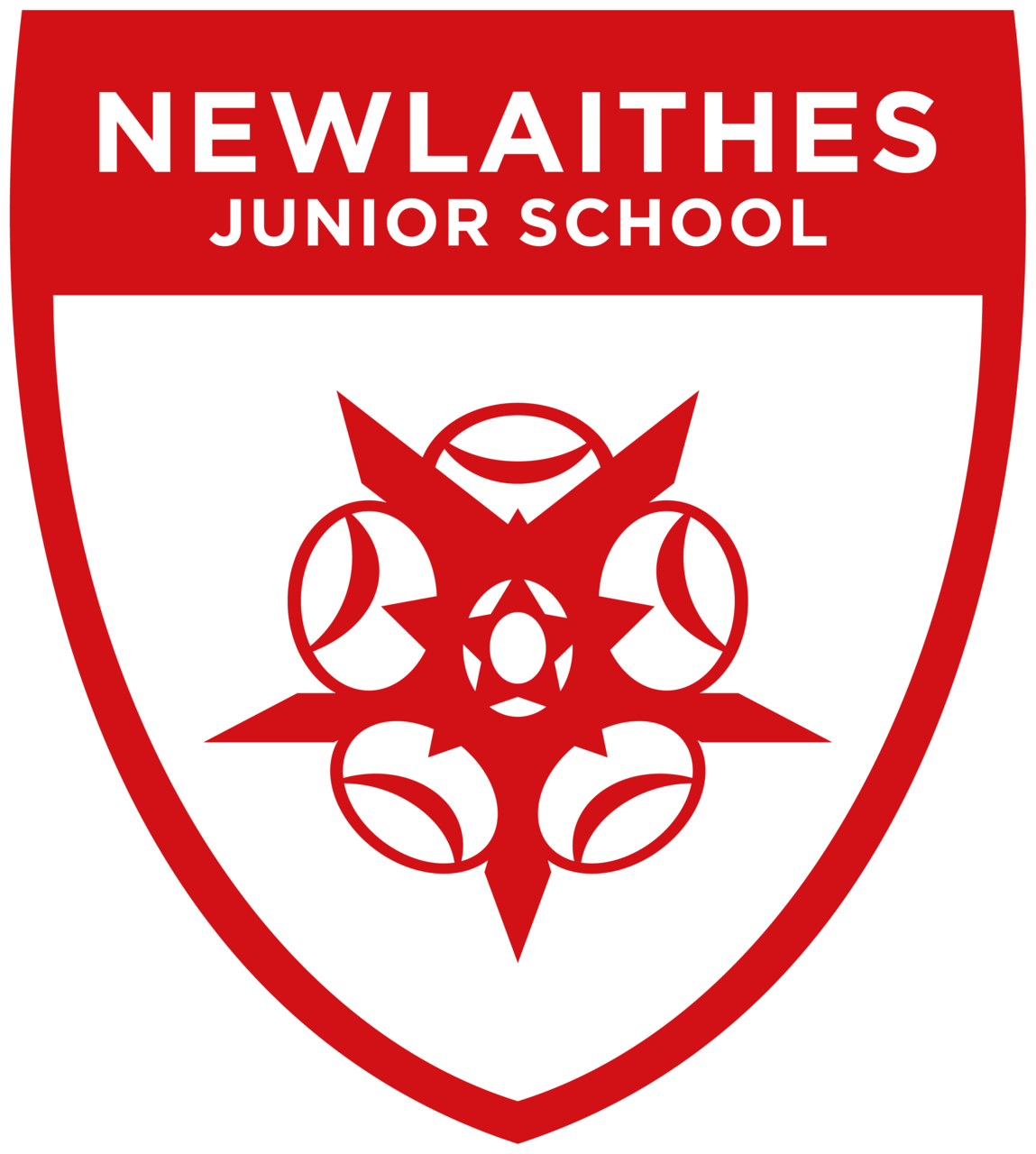Religious Education
Intent
At Newlaithes Junior School, our RE and Worldviews provision is in line with Cumbria’s Agreed Syllabus (2023) and enables pupils to make academically informed judgements about religions and beliefs that shape the local and global landscape. We aim to develop children’s religious literacy, allowing children to be part of balanced and well-informed conversations about religious and non-religious worldviews. We encourage children to be inquisitive and curious when exploring the beauty and ever-changing nature of beliefs celebrated throughout the world. Children will explore beliefs in relation to their own lives and choices, developing and reflecting on their own personal worldview. At Newlaithes Junior School, we focus on Christianity and Islam, the KS1 focus religions, and introduce Hinduism in year 3. This is in addition to building up knowledge of the six principle religions and other non-religious worldviews (e.g. Humanism).

Implementation
At Newlaithes Junior School, RE and Worldviews is taught in half-termly topics, with one lesson a week, following the Cumbria Agreed Syllabus from Year 3 to 6. The syllabus is split into three disciplines – Theology, Philosophy and Human Sciences. Theology studies the roots of beliefs and how they have adapted over time. Philosophy is thinking about big questions and making sense of big ideas. Human and Social Sciences is exploring the different ways people practice their beliefs and the impact on society. Each topic has an enquiry question that mainly focuses on one of the disciplines, though the lessons will encompass elements of the other strands too.
Children have an RE and Worldviews exercise book for written tasks. Teachers may also type up elements of class discussions and take photos during practical lessons and drama activities to include in their books.
Seasonal school performances by year 3 for Easter and Year 4 for Harvest gives pupils and families an opportunity to reflect. Our Parish Reverend, Nina Orchard, is welcomed into school for termly lessons and assemblies. All children visit St Luke’s Church, Morton Park for our yearly Christmas carol concert music concert, led by Nina. A NISCU representative visits school termly to work with different year groups in workshops. In year 3, children visit a local church, St James’ Church, Denton Holme to enhance their topic, ‘How do some people show commitment to their religion?’
Impact
Children will show interest in learning about the religions and worldviews of others, developing an understanding that enables them to consider these alongside their own values and identity. They will make insightful comments across a range of religions and can respond thoughtfully towards the identities and practices of others. They will compare elements of religions and worldviews sensitively, identifying similarities and differences. Children will develop their personal worldview, articulating their own ideas, while respecting those of others. Teachers will use both written work and verbal contributions when making an assessment judgement.
The Right of Withdrawal from Religious Education:
Religion and belief have become more visible in public life in recent years, making it important that all pupils should have an opportunity to engage in RE. However, the parent of a pupil at a community, foundation or voluntary school (or pupils themselves if they are aged 18 or over) may request that they be excused from all or part of the religious education (RE) provided.
Parents who wish to withdraw their children from RE should be aware of its aims and what is covered in the RE curriculum and that they are given the opportunity to discuss this if they wish. It should be made clear whether the withdrawal is from the whole RE curriculum or specific parts of it. No reasons need be given
Important - limitations to withdraw
- If pupils are withdrawn from RE, schools have a duty to supervise them, though not to provide additional teaching. A pupil may be required to work in another area of the school, such as library or break out area.
- Whilst parents or carers have a right to withdraw children from RE, they should note that children may also encounter religions and beliefs and wider aspects of faith in other areas of the curriculum from which there is no right of withdrawal.
- On occasion, spontaneous questions about religious matters are raised by pupils or issues related to religion arise in other curriculum subjects such as history or citizenship (PSHE) For example, schools promote community cohesion and help pupils to understand ideas about identity and diversity, feelings and emotions within both religious and non-religious contexts.
Managing the Right of Withdrawal
If pupils are withdrawn from RE, schools have a duty to supervise them, though not to provide additional teaching or to incur extra cost. Pupils will usually remain on school premises where it is feasible and appropriate.
Where a request for withdrawal is made, the school must comply and excuse the pupil until the request is rescinded. Though not legally required, it is good practice for a head teacher to invite parents to discuss their written request.
(Section 71(3), School Standards and Framework Act 1998).
